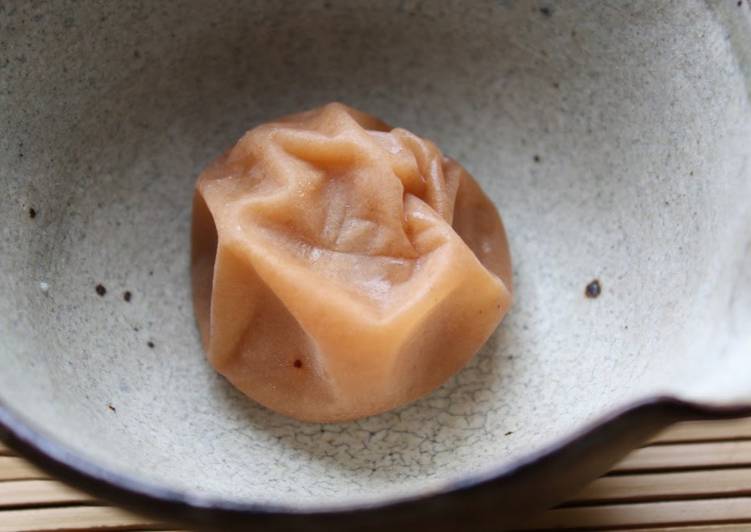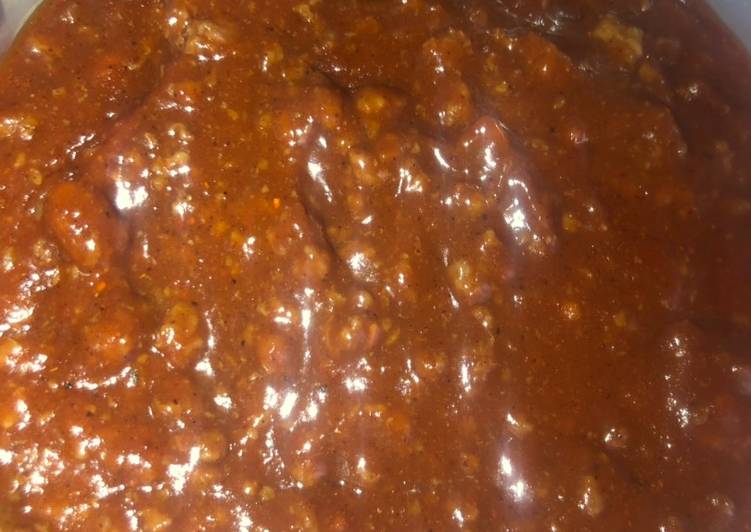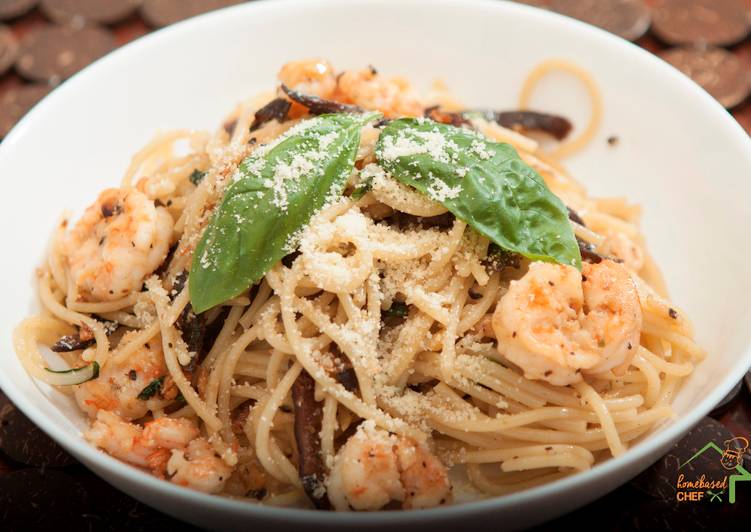
Hello everybody, it is me again, Dan, welcome to my recipe site. Today, I’m gonna show you how to make a distinctive dish, sodium-reduced umeboshi. One of my favorites food recipes. This time, I will make it a little bit unique. This is gonna smell and look delicious.
Sodium-Reduced Umeboshi is one of the most favored of current trending foods on earth. It’s easy, it’s fast, it tastes yummy. It is appreciated by millions daily. Sodium-Reduced Umeboshi is something which I have loved my whole life. They are nice and they look wonderful.
Traditional (non-reduced sodium versions) umeboshi are roughly one quarter salt. This umeboshi has less sodium than the classic very salty umeboshi. CHINRIU Low Sodium Classic Umeboshi Plums.
To get started with this particular recipe, we must first prepare a few ingredients. You can cook sodium-reduced umeboshi using 3 ingredients and 11 steps. Here is how you can achieve that.
The ingredients needed to make Sodium-Reduced Umeboshi:
- Take Ripe ume plums (unblemished ones)
- Make ready Coarse salt
- Take White liquor
Umeboshi from Apricots Umeboshi often translated into English as Japanese Salt Plums. Umeboshi and Ume plum products are a rich part of Asian culture. You will be introduced to an aromatic herb, Perilla frutescens, along with the historic and breathtaking Prunus mume plum tree. How strong is the science on the benefits of sodium reduction?
Steps to make Sodium-Reduced Umeboshi:
- Select only the unblemished fruit from the ripe ume plums you have, and wash them in water. There's no need to soak the plums to remove their bitterness. Unripe ume plums should not be used, since they won't become soft.
- Wipe each washed plum one by one carefully using paper towels. Pry out the stem ends with a bamboo skewer.
- Measure the ume plums, and then measure out 8% of their weight in coarse salt.
- Put the ume plums from Step 2 into brand new poly bags, and sprinkle them with the coarse salt. Sprinkle in the white liquor too. Close up the bags with elastic bands while expressing the air out of them.
- Put the filled bags from Step 4 in a large tub (a packing box is fine). Put plates or pot lids on them, and add light weights (1 to 2 kg). Unopening salt or sugar boxes are convenient weights.
- Put the container in a place where you can take a look at it frequently until a lot of liquid (ume-su) comes out of the ume plums. Once the liquid comes out, lighten the weights so that the plums don't get crushed.
- When the plums are completely immersed in the liquid, you don't need to weight them down anymore. Leave the bags as is in the container until the rainy season has ended (after June).
- When the rainy season has ended, dry the umeboshi in a sunny place for 3 days. You can put the plums back in the liquid if you like, but since they are soft and juicy anyway, I just took them inside.
- Don't let the umeboshi become wet! Watch out for sudden rains or evening thunderstorms.
- Done!
- I used these large ziplock bags, to make 1.5 kg batches of umeboshi. They will exude a lot of liquid (ume-su) in 2 to 3 days. Line them up with the zip side up in a packing box. Take the weights off once the plums are immersed in liquid.
Umeboshi Paste or Umeboshi Vinegar is great in this Corn Souffle Dish. I wanted a more sour taste to it over saltiness but this product had more of the sodium that I would rather put elsewhere. With a few simple substitutions and strategic changes in the kitchen, you can drastically reduce the amount of sodium in your diet. Umeboshi are pickled Japanese plums that are picked before they're ripe, then soaked in brine and red Shiso leaves, the latter of which adds flavor and a pink coloring. This Japanese condiment is very salty and tart and is a popular adjunct to most Japanese meals, including breakfast.
So that is going to wrap it up for this special food sodium-reduced umeboshi recipe. Thank you very much for your time. I am confident that you can make this at home. There is gonna be interesting food in home recipes coming up. Remember to save this page on your browser, and share it to your loved ones, friends and colleague. Thank you for reading. Go on get cooking!

